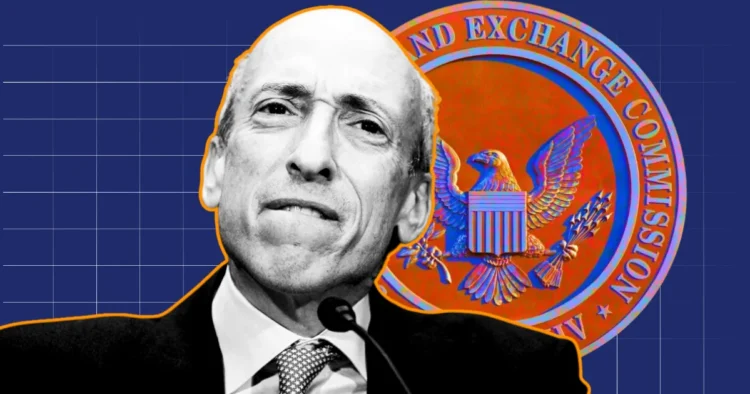In a significant legal confrontation, a federal judge last year ruled that the Securities and Exchange Commission (SEC) did not sufficiently prove that Ripple Labs violated securities laws by selling XRP to retail customers on exchanges. However, the SEC has recently announced its intention to appeal this pivotal decision, prompting Ripple to file a cross-appeal in response. This development adds a fresh layer to the already complex legal battle between the two entities.
Understanding the Current Developments
What’s Happening?
On a recent episode of the Thinking Crypto podcast, Lawyer James Murphy shed light on the SEC’s likely motivations for appealing the previous ruling. Although the SEC’s specific intentions remain somewhat opaque, there are two primary areas they aim to challenge:
Sales on Exchanges
The SEC is set to contest the judge’s determination that Ripple’s sales on exchanges did not constitute securities transactions. This ruling was unexpected for the SEC, leading them to attempt an immediate appeal, which was initially denied. By revisiting this point, the SEC hopes to establish a precedent that aligns with their regulatory stance.
Disgorgement Limitations
Another focal point for the SEC is the ruling that restricted their ability to demand disgorgement, which involves returning profits, due to insufficient evidence of investors incurring actual financial losses. This decision contrasts with established precedents in other judicial circuits, prompting the SEC to seek its reversal. Furthermore, there is speculation regarding whether the SEC will attempt to appeal the $125 million penalty imposed on Ripple with the aim of increasing the amount. Nevertheless, the outcome of this appeal remains uncertain, given the discretionary power judges hold in determining penalties.
Assessing the SEC’s Case Strength
Murphy offered his insights into the potential success of the SEC’s appeal. In the Second Circuit, where the appeal will be heard, approximately 20 judges serve on the bench, and each case is decided by a randomly selected trio. Once the panel of judges is known, legal teams often analyze their past rulings to gauge possible leanings, tailoring their arguments accordingly, akin to strategies employed in the U.S. Supreme Court.
Murphy noted that the summary judgment had sparked significant criticism, with some legal experts forecasting its eventual overturn. Many attorneys from traditional legal backgrounds believe there is a realistic chance that the decision regarding secondary market trades could be reversed. However, Murphy expressed confidence that Judge Torres’s original decision is likely to endure, though the outcome remains uncertain in the unpredictable landscape of legal proceedings.
As this high-stakes legal battle continues to unfold, the repercussions could have far-reaching implications for the cryptocurrency industry and its regulatory framework. Stakeholders and observers alike keenly await further developments in this landmark case.
“`
This version of the content uses HTML headings for improved SEO compatibility, provides additional detail to enrich the content, and makes structural changes to ensure originality and coherence.











